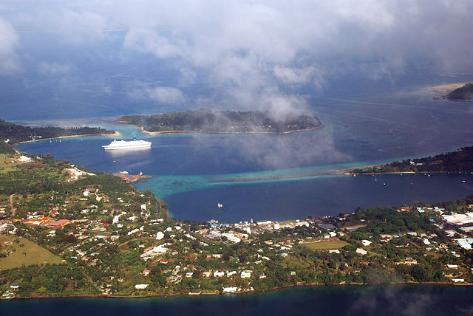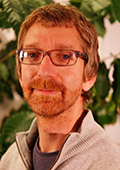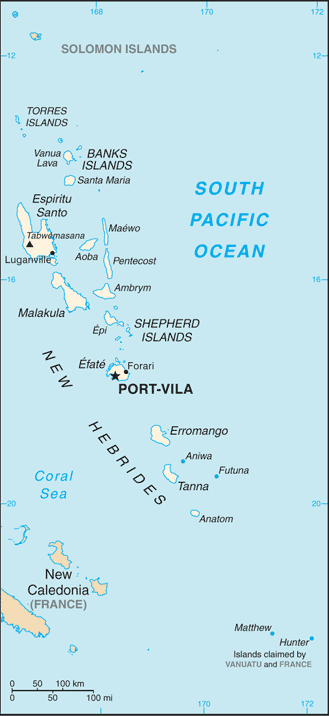Sensors for clean water: a participatory approach for technology innovation
Access to clean water is fundamental for life.
It is estimated that more than 1.5 million children under five years old die every year from diarrhoeal diseases due to unsafe water and a lack of basic sanitation. Ensuring the provision of clean water is thus a crucial challenge in low income countries. Yet access to safe drinking water continues to be a challenge globally. For example, in Vanuatu, five thousand households depend on unimproved river, lake or spring water. A consequence of this is a high rate of diarrhoea. Providing clean water across Vanuatu is particularly challenging. This is partly due to the geographical isolation of the many rural communities spread across Vanuatu's 80 islands. Vanuatu is also the most disaster prone country in the world, with a high susceptibility to natural disasters and a low coping capacity. For example, following Tropical Cyclone Pam (March 2015) half the population was without clean drinking water for one month after two thirds of water and sanitation infrastructure was destroyed.
By Phillip Capper from Wellington, New Zealand - Central Port Vila, Vanuatu, 29 Nov. 2006, CC BY 2.0 https://commons.wikimedia.org/w/index.php?curid=17713840
Over the course of three years, the aim of our research is to work with poor communities in Vanuatu most affected by this problem, in order to develop water monitoring technologies that will provide assurance about the safety of their drinking water. Traditional approaches for technology development, where technologies are developed on behalf people, rather than with and by communities, tend to have limited impact. We plan to take a different approach, an approach we call Integrated Participatory Technology Development (iPTD).
SEI’s focus will be on testing and refining iPTD, so that it embeds communities at every phase of the technology innovation process, from defining the initial technology specification, through to design, testing, and optimization. By working with communities from the outset, we will ensure sensing technology that is designed precisely to meet the needs, skills and environment in which the community live.
Read more about the project here.
CONTACT
Jon Ensor

Email: jon.ensor@york.ac.uk

Map of Vanuatu with its capital Port Vila, located on its third largest island.
Source: Public Domain https://commons.wikimedia.org/w/index.php?curid=131861
